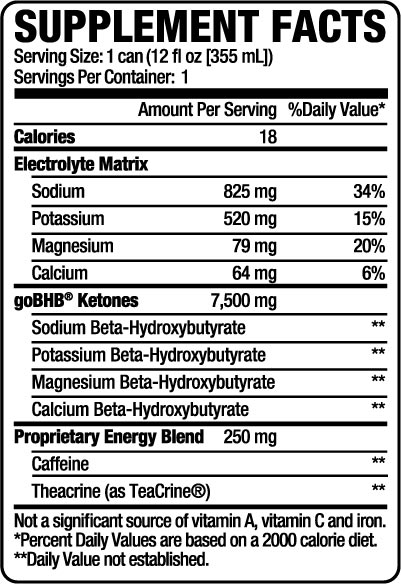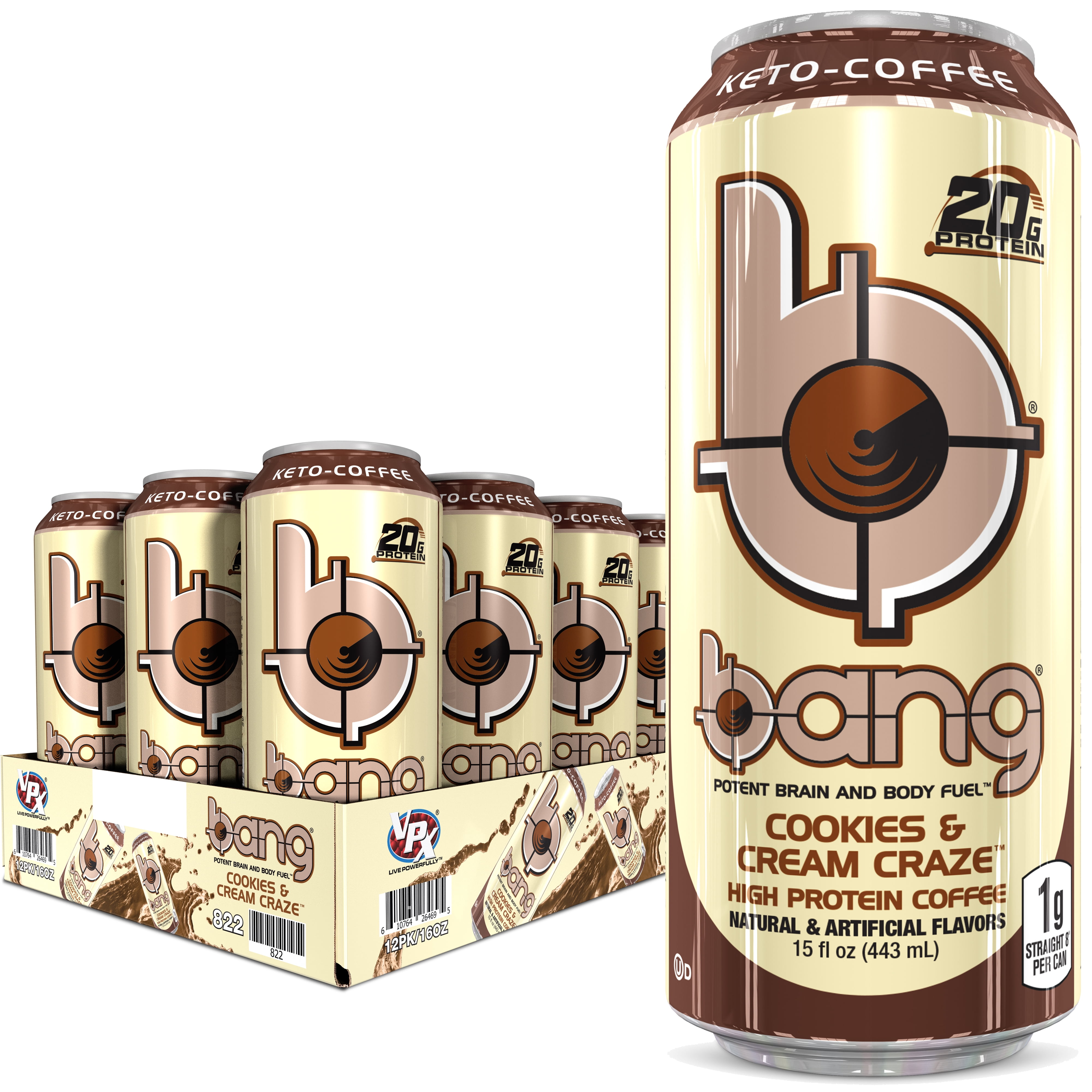

Estimates of effect size were quantified via partial eta squared (ηP2) and Hedge's g. Multiple repeated measures ANOVAs with Tukey post-hoc tests were used to analyze data. In addition, participants' subjective feelings of energy, fatigue, and focus as well as muscular performance (leg press one-repetition maximum and repetitions to fatigue, maximal isometric and isokinetic squat testing) were assessed. Following a familiarization visit, participants completed two identical visits to the laboratory separated by 5-10 days, each of which consisted of indirect calorimetry energy expenditure (EE) assessments before and after consumption of the beverage (Bang® Keto Coffee 130 kcal, 300 mg caffeine, 20 g protein) or placebo (30 kcal, 11 mg caffeine, 1 g protein) as well as after exercise testing.


Methods: Sixteen resistance-trained males (n = 8 mean ± SD age: 22.4 ± 4.9 years body mass: 78.8 ± 14.0 kg body fat: 15.3 ± 6.4%) and females (n = 8 age: 24.5 ± 4.8 years body mass: 67.5 ± 11.9 kg body fat: 26.6 ± 7.1%) participated in this randomized, double-blind, placebo-controlled, crossover study. Thus, the purpose of this study was to determine the effects of a commercially available caffeine- and protein-containing energy drink on metabolism and muscular performance. However, limited information is available regarding the efficacy of these products. Background: Energy drinks are often consumed by the general population, as well as by active individuals seeking to enhance exercise performance and augment training adaptations.


 0 kommentar(er)
0 kommentar(er)
